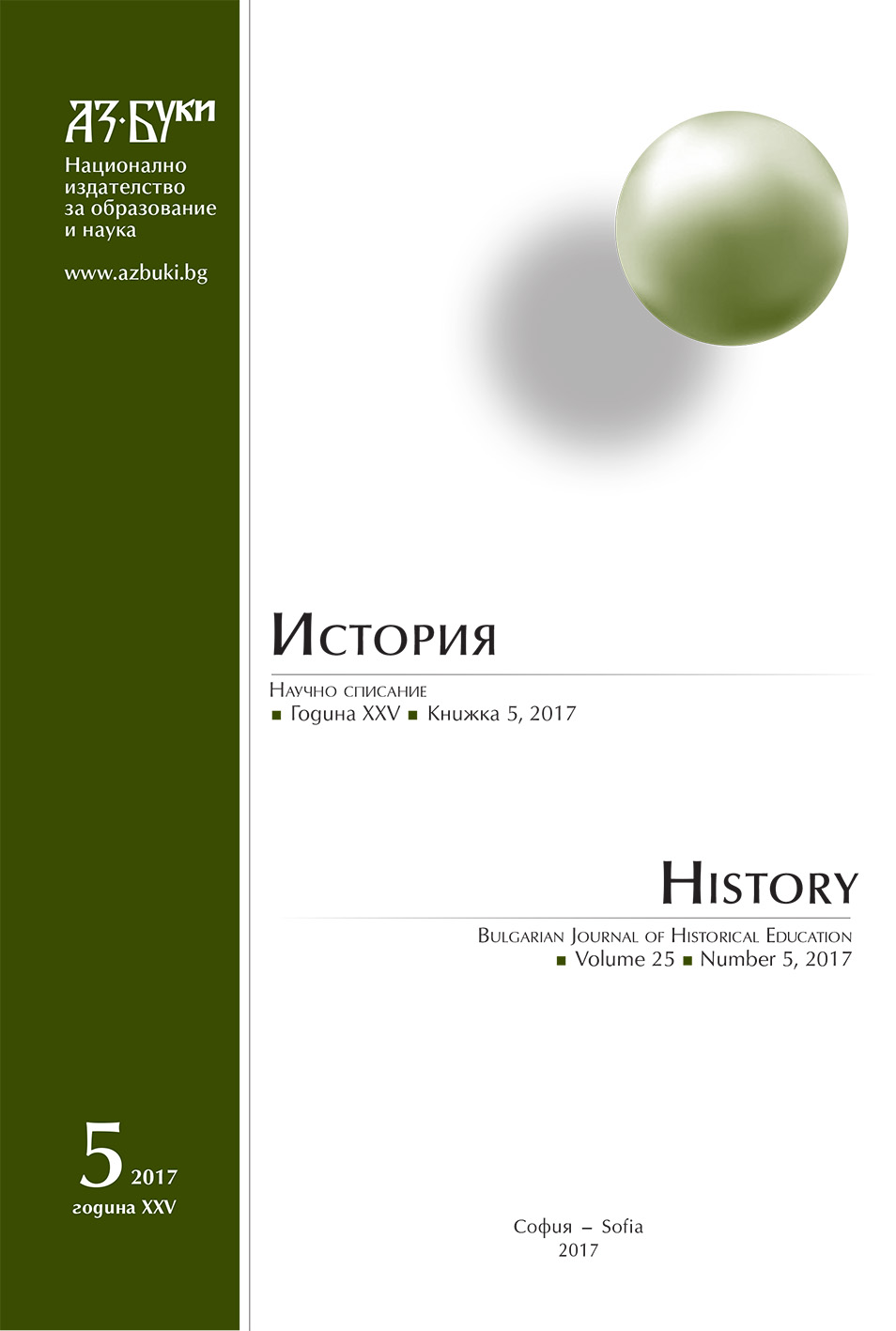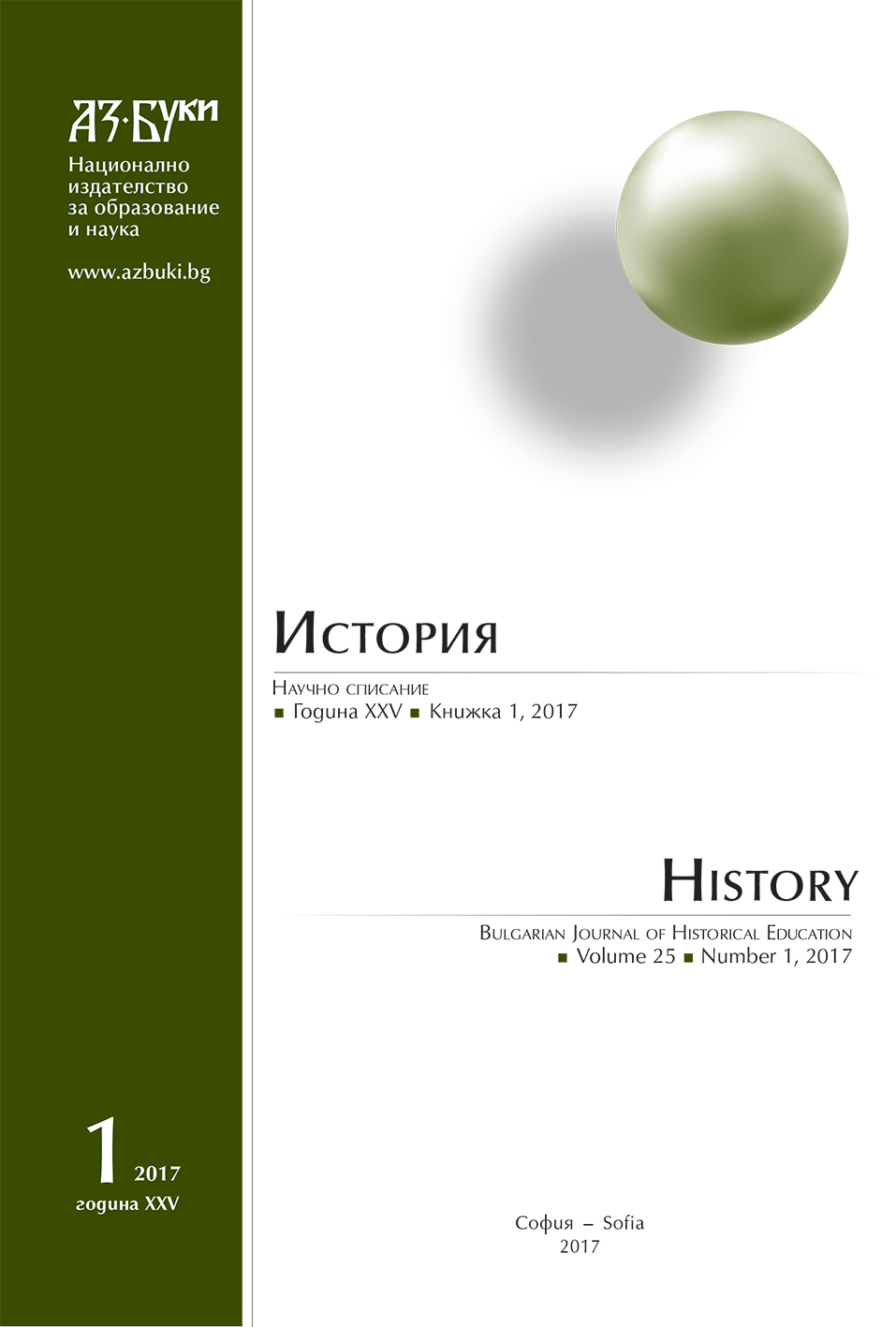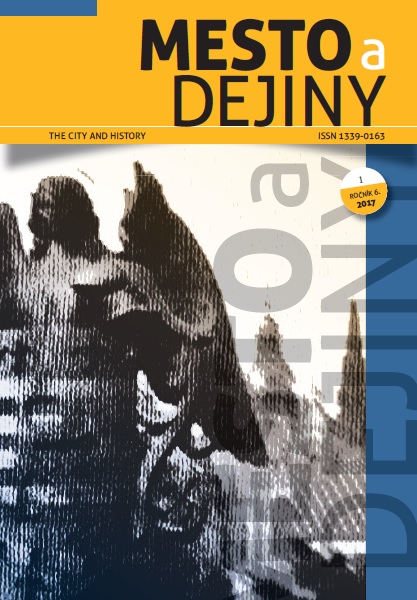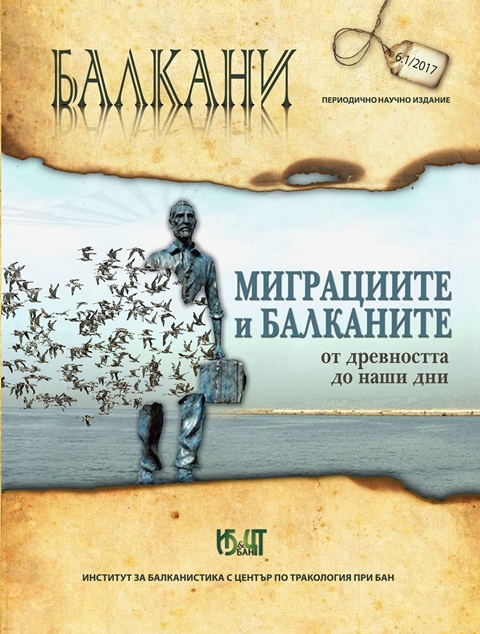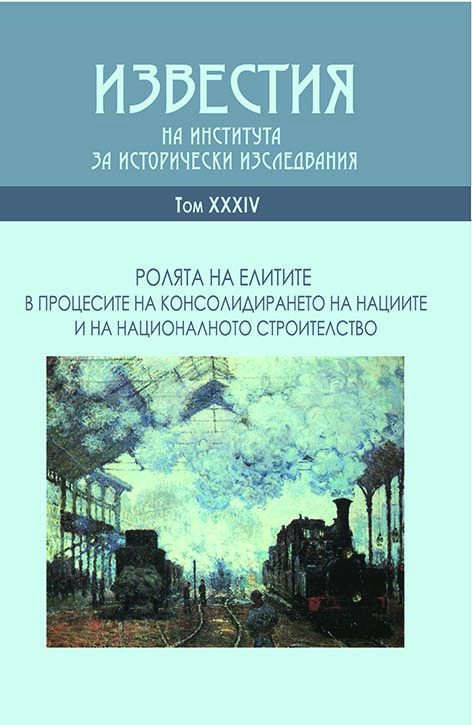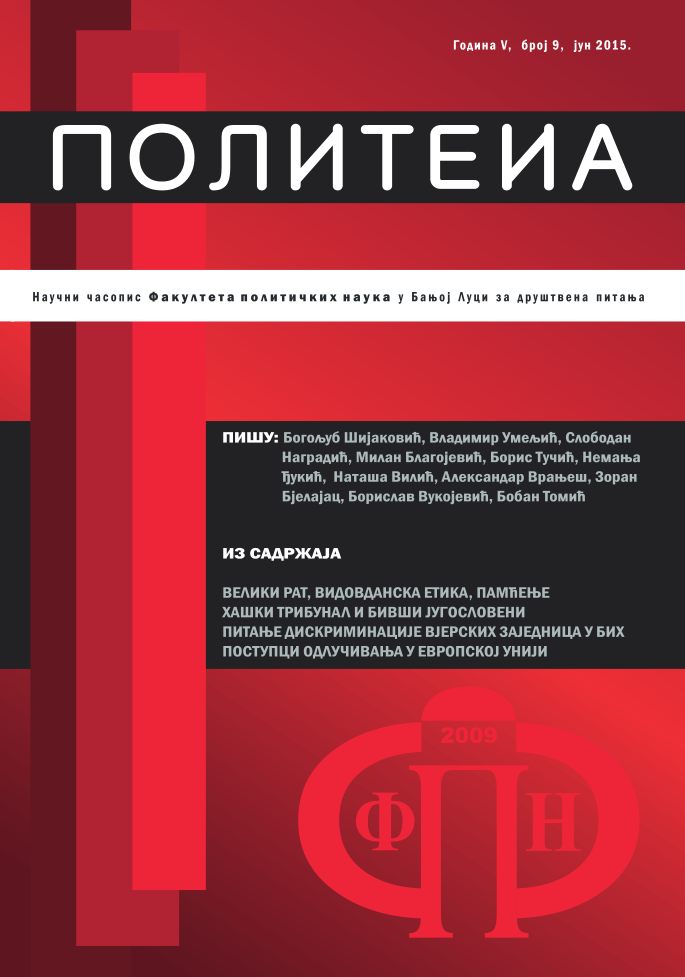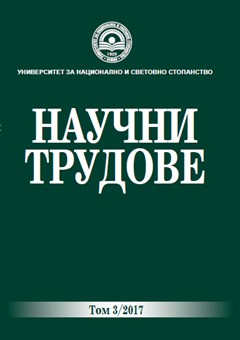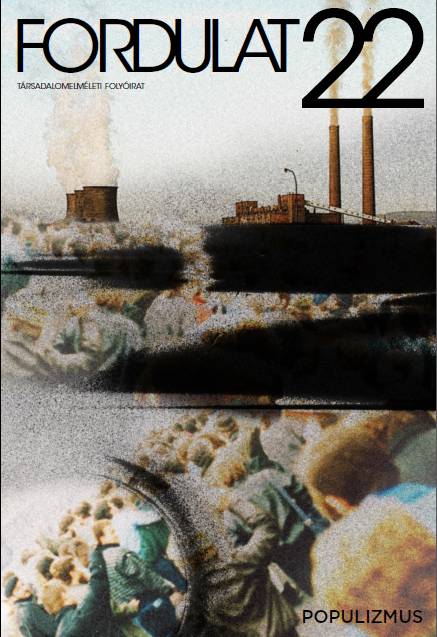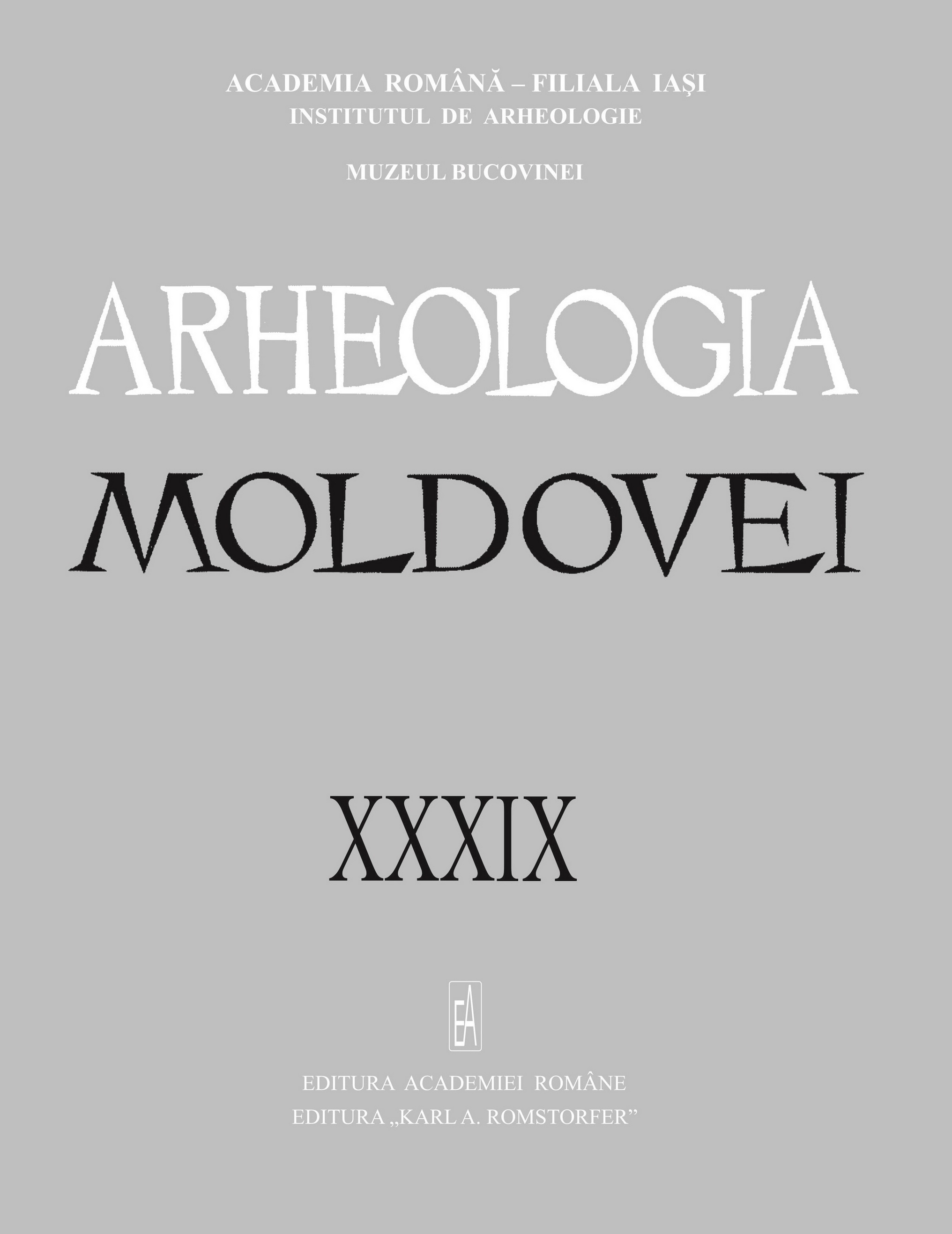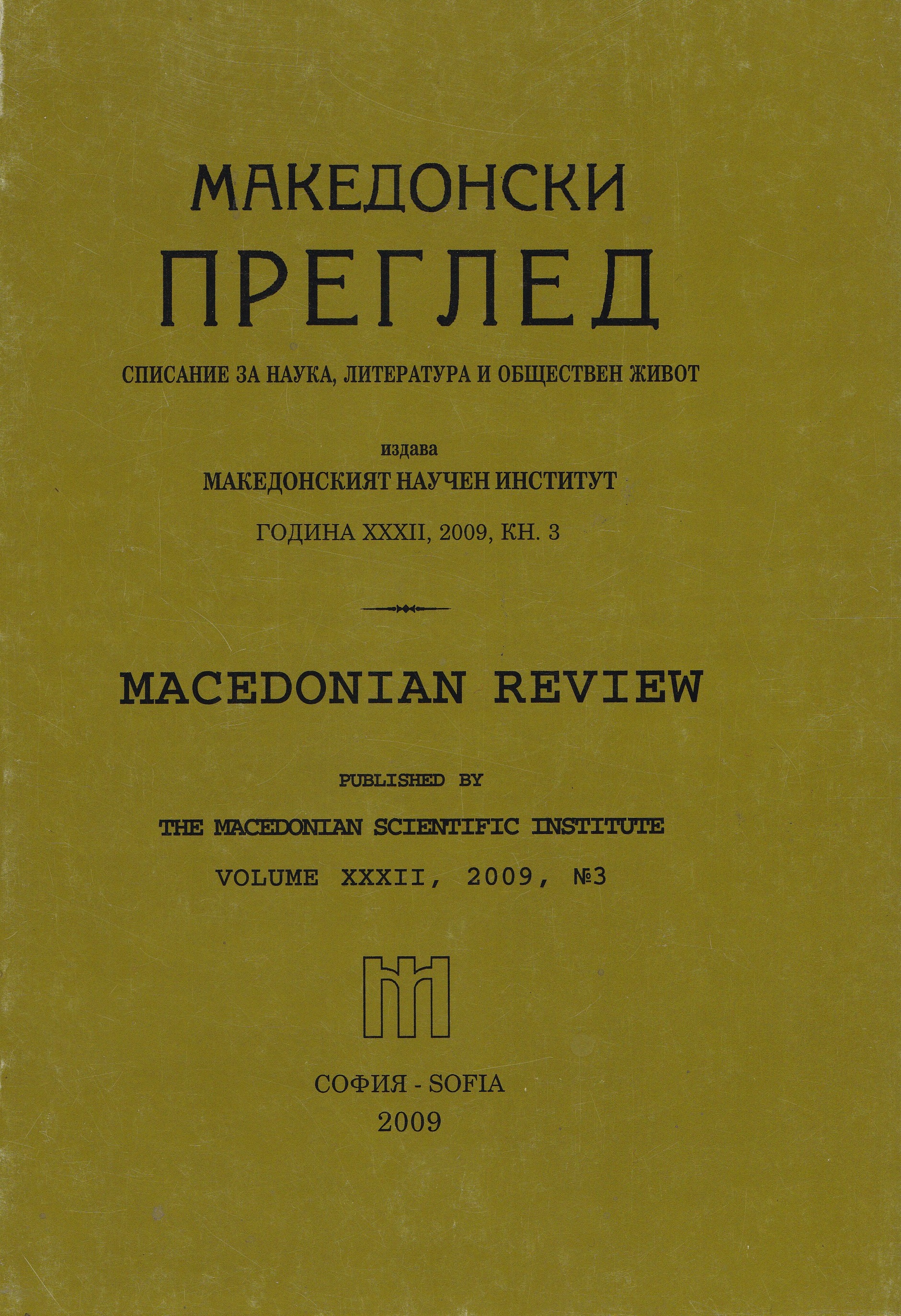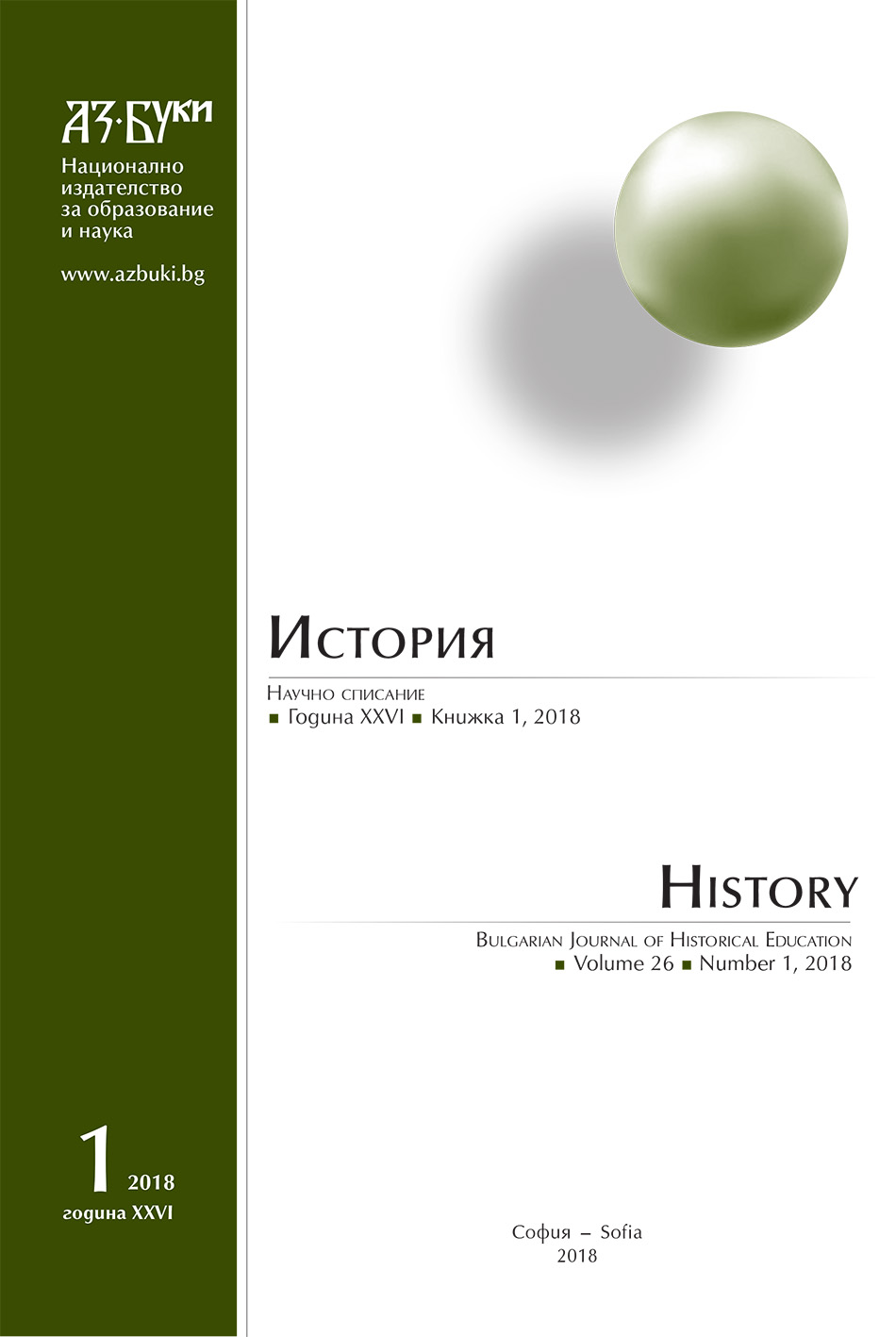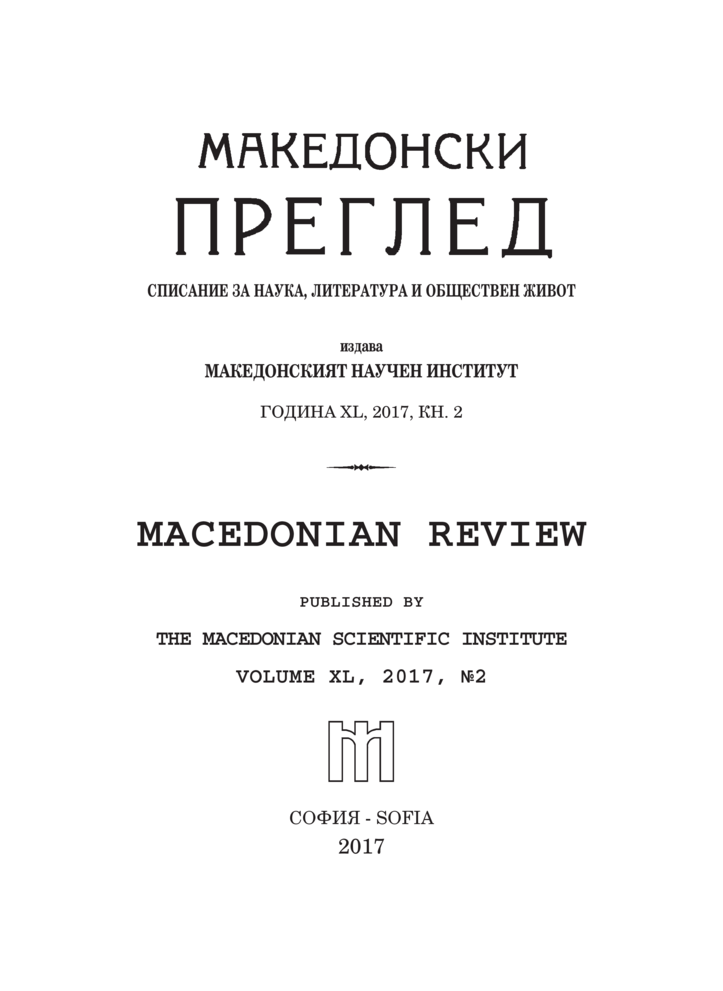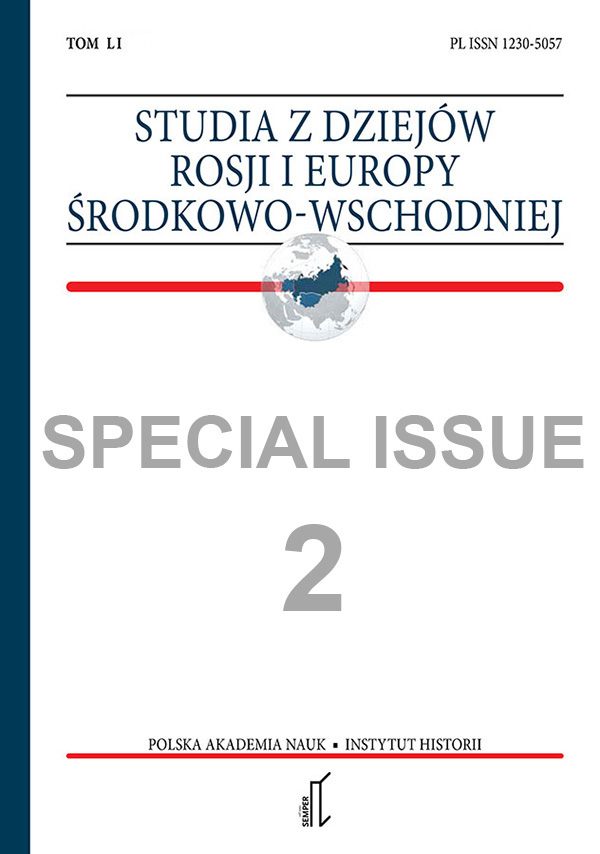Author(s): Blagovest Nyagulov / Language(s): Bulgarian
Issue: 1/2017
Diving into the problems of the leadership and the heroes’ national pantheon, the paper provides a comparative analysis of the historiography and the memory of two former political leaders in the modern history of Bulgaria and Romania. Stefan Stambolov, Bulgarian Prime Minister during the period 1887‒1894, and Ion Antonescu, Prime Minister and ‘leader of the State’ in Romania during World War II (1940‒1944), are controversial historical figures or disputed leaders that gave rise to different historiographical interpretations, and the memory of which was used for political purposes. The interest to the strong political persona and its authoritarian decisions, as well as the revival of the traditional concepts of national ideals, explain their half rehabilitation after their complete refusal of class positions during the years of early socialism. Started during the late socialism, these processes continue in full force after the fall of communist regimes, still being representations of political interests. After 1989 the full rehabilitation of the two former Prime ministers was most desired by politicians, public figures and writers with nationalist views, which have direct links with the former regime and its secret services. The results in both countries were different and even opposite. In the assessments about Stambolov in Bulgaria his dictatorial methods were outweighed by his merits as a politician who defended the sovereignty of the young Bulgarian state during a crisis period and set solid foundations for its modernization. Without being portrayed as a sinless character by the most historians, in the national memory he turnеd into a sort a benchmark for Bulgarian statesman and national leader. On the contrary, the effort for the rehabilitation of Antonescu failed mainly because of the international reactions regarding the silence about his role in the Holocaust. Though his place is still debated, Stambolov is almost a full-fledged part of the Bulgarian national pantheon, unlike Antonescu, whose fame proved short and who is being rejected on an official level by the laws of memory in Romania. These different results do not deny the fact that Stambolov and Antonescu continue to be present in a similar positive way in the society’s memory, respectively in Bulgaria and Romania. The values of the nation and the national state overrule those of democracy and human rights, especially during periods of crises when the security rises in priority at the expense of freedom, while the ‘savior’ again becomes necessary.
More...

